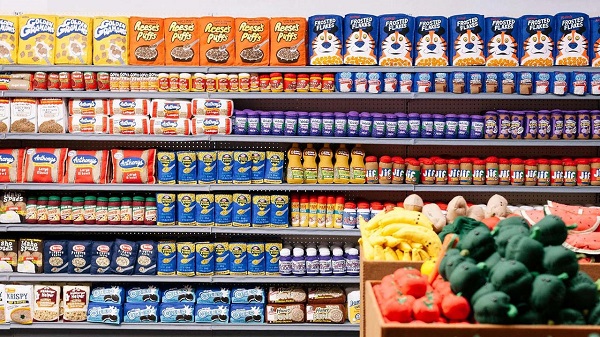WASHINGTON: The International Monetary Fund (IMF) has said that it’s still too early to determine whether ongoing discussions with
ISLAMABAD: The government lifted a ban imposed in May on the import of “non-essential and luxury items”, excluding automobiles, cell phones and electronics.
The decisions were taken on Thursday at a meeting of the Economic Coordination Committee (ECC) of the cabinet presided over by Finance Minister Miftah Ismail.
The committee also approved tenders for 200,000 tonnes of wheat at about $408 a tonne and allowed $11.6 million goodwill compensation for the Chinese casualities at the Dasu hydropower project in July last year.
The meeting approved an increase of 70pc in the dealers’ commission on the sale of high-speed diesel (HSD) to Rs7 per litre from Rs4.13 at present.
Likewise, it also increased the dealers’ commission on the sale of petrol by 43pc to Rs7 instead of Rs4.90 per litre at present.
This is the steepest increase in margins allowed in one go in the country. The meeting was informed that dealers’ margin on the sale of HSD and petrol was also increased by more than 25pc with effect from December 2021. Put together, the commission has jumped 79pc and 112pc on petrol and HSD since then.
The increase was approved based on an agreement reached with dealers in 2018 by former prime minister Shahid Khaqan Abbasi and Minister of State for Petroleum Musadik Malik, who held the same post at the time.
The meeting was told that dealers had threatened to go on strike and demanded about Rs14 per litre commission on both products, but it was brought down to Rs7.
The ECC was told that oil marketing companies (OMCs) had demanded an increase in their margins to Rs7 per litre from the existing Rs3.68 on both products but this would be taken up separately so that benefit was given to dealers with effect from Aug 1 and OMCs on Sept 1 to increase prices in phases.
The ECC also lifted the ban on imported goods except for completed built units (CBUs) of automobiles, mobile phones and home appliances.
The meeting was told the ban had helped cut the imports of banned items, which shrank by around 70pc from $399.4 million to $123.9 million between May 20 and July 19.
The major contributors to this reduction of about $275m were automobile and mobile phone CBUs, which had a share of 79pc in the total import reduction. The remaining 21pc reduction was spread over 810 tariff lines impacting multiple sectors of the economy, including foreign investments.
The ECC also decided that all held-up consignments (except items which still remain in the banned category) which arrived at the ports after July 1 should be cleared subject to payment of a 25pc surcharge.
You May Also Like
JABALIA: Israeli forces battled Hamas fighters in the narrow alleyways of Jabalia in northern Gaza on Friday in some of the fiercest
KURRAM: Clashes on the border between Pakistan and Afghanistan escalated on Friday, prompting large-scale displacement from






